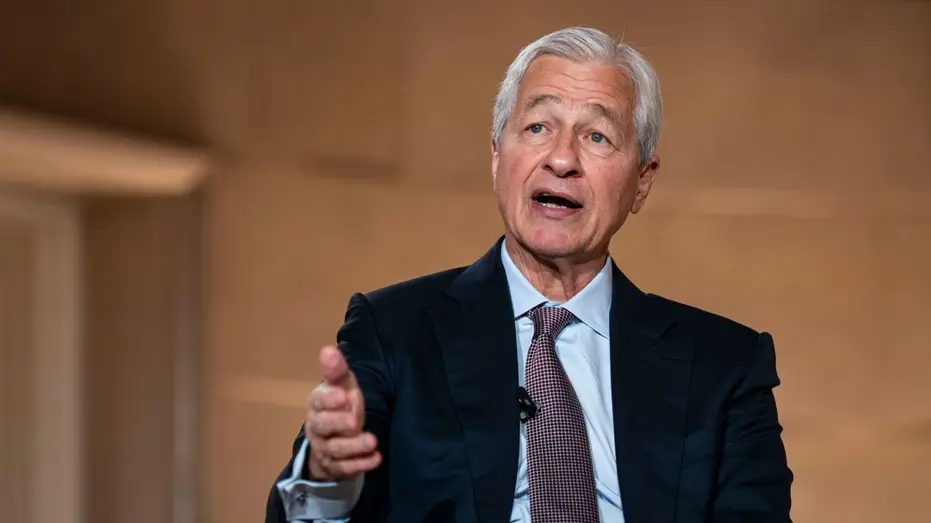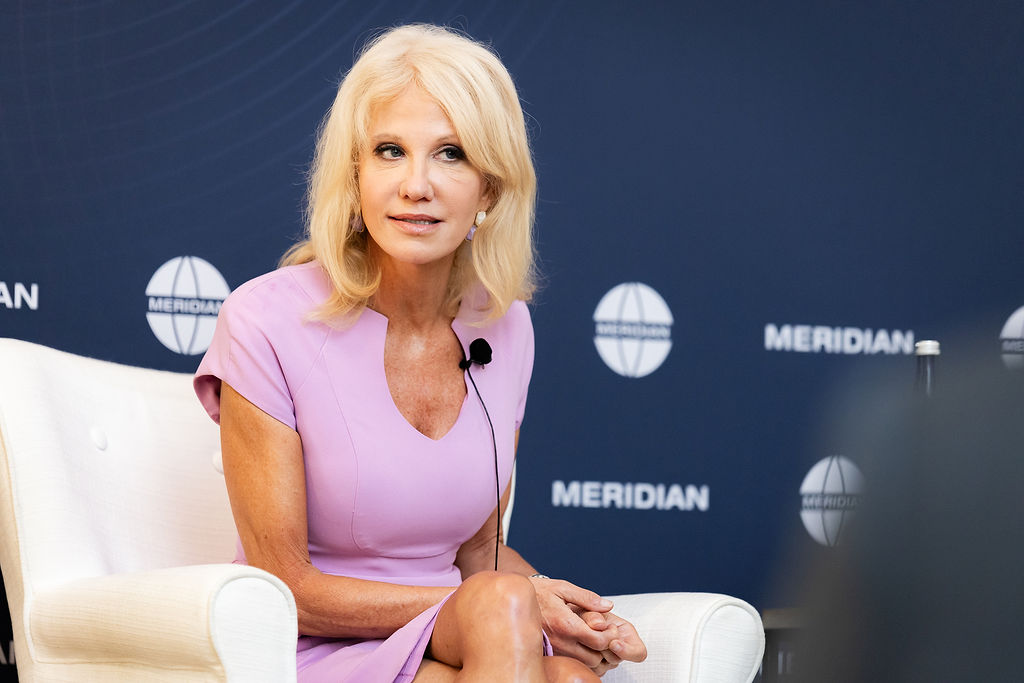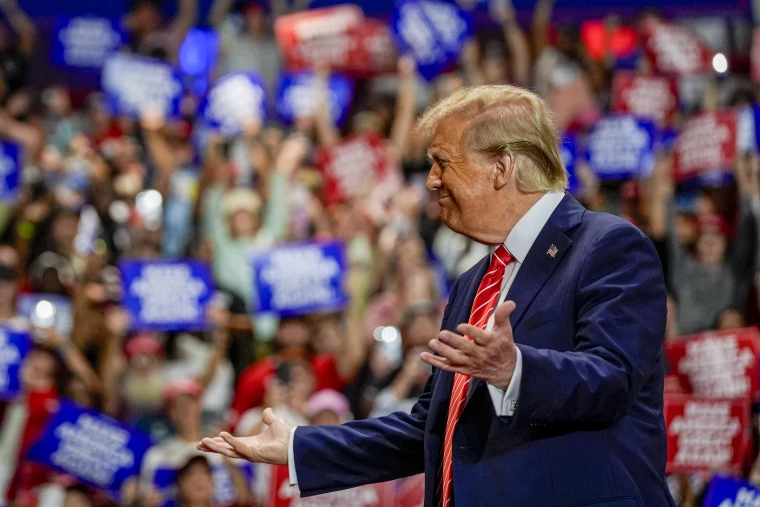JPMorgan Chase CEO Jamie Dimon on Tuesday described a government shutdown as “a bad idea,” while admitting uncertainty over whether past shutdowns significantly impacted the economy or financial markets.
“I don’t like shutdowns, I think it’s just a bad idea. And I don’t care what the Democrats, Republicans say, it’s a bad idea. It’s not a way to run a railroad,” Dimon said in an interview with Bloomberg.
He also referenced previous shutdowns, noting their uncertain effect on the broader economy.
“We’ve had — I forgot the number — four or five or six. You know, one went for 35 days. I’m not sure any one really affected the economy,” he added.
Recent Government Shutdown
The federal government shut down last week after congressional leaders failed to agree on a stopgap spending bill.
Negotiations stalled as lawmakers largely refused to compromise on key demands, leaving several government functions temporarily closed.
President Trump on Monday urged Democrats to reopen the government.
He stated that he would only negotiate a potential deal to extend health care tax credits after Democrats backed the GOP’s continuing resolution (CR).
Health Care System Concerns
The ongoing shutdown has intensified concerns over the stability of the U.S. health care system.
Senator Bernie Sanders (I-Vt.) warned that Trump’s policies could destabilize American health care.
“I don’t mean to be overly repetitive, we have a broken health care system, everybody knows that. And Trump is not wrong, when he says the system is not working very well. But he is making it far worse,” Sanders said in an interview with CNN’s Kaitlan Collins on “The Source.”
He expressed worry about the long-term consequences for health care providers.
“And honestly, as the former chair of the Health Committee, I worry very, very much that he could literally collapse the entire system,” Sanders continued.
He also highlighted workforce challenges in the medical sector.
“We don’t have enough doctors right now. Who in the world is going to want to become a doctor in the midst of all of this?” Sanders added.
Economic and Political Implications
Dimon’s comments underscore uncertainty in the financial sector during government shutdowns.
While past shutdowns have lasted weeks, their measurable effect on markets or the economy remains debated among experts.
Meanwhile, political negotiations continue with little sign of compromise, leaving both economic and health care concerns unresolved.




